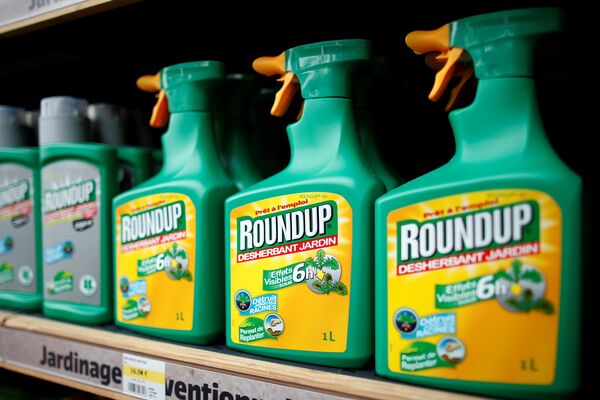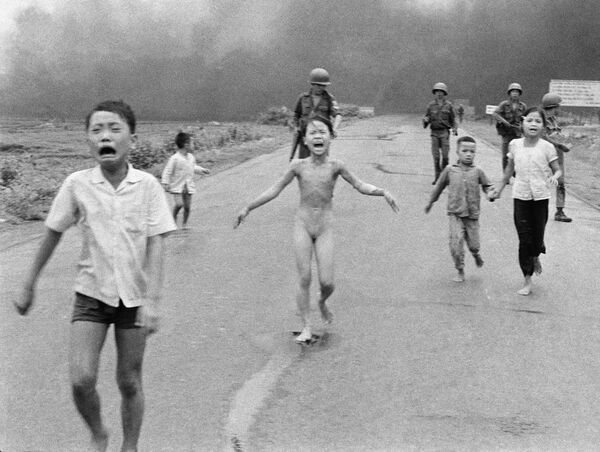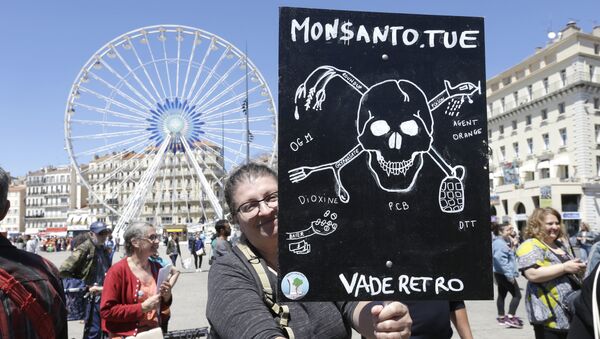The jury found the firm failed to warn clients about cancer risks associated with the product's main ingredient, glyphosate, and Judge Suzanne Ramos Bolanos ruled the company "acted with malice, oppression or fraud and should be punished".
The 46-year-old plaintiff, DeWayne Johnson, came in contact with the substance for years as a school groundkeeper, using up hundreds of gallons at a time. He was diagnosed with non-Hodgkin's lymphoma in 2014, a cancer affecting white blood cells, a year prior to World Health Organization concluding glyphosate was probably carcinogenic. At least 220 other actions are currently ongoing against the company in San Francisco alone, brought by similarly affected individuals.
Influencing Policy
The hazardous potential of glyphosate was well known to Monsanto, but the company went to significant efforts to suppress and/or distort its lethal potential. In 2017, it was revealed the European Food Safety Authority's (EFSA) finding two years earlier that Roundup, glyphosate's trade name, was safe to use was based on scientific papers heavily influenced by the company. In one instance, a paper was even written by company staff outright, and published under academics' names.

In another, Monsanto toxicologist Donna Farmer says "you cannot say Roundup does not cause cancer" — and a separate glyphosate study was also "redesigned" with the help of company scientists, in order to create a more favorable outcome.
Both studies were used in 2015 by EFSA when it evaluated the safety of glyphosate as part of the chemical's licence renewal process — the body concluded there was insufficient evidence glyphosate caused cancer in humans, and the chemical lacked the mechanism capable of damaging DNA in living cells and subsequent cancer in humans.

As a result of the disclosure, Monsanto lobbyists were banned from entering European parliament, with company officials precluded from meeting MEPs, attending committee meetings or using digital resources on parliament premises in Brussels or Strasbourg.
Controversial History
In a sense, it's perhaps unsurprising Monsanto products have such a devastating impact on human health. The company was a leading provider of 'Agent Orange' to the US government, a 'defoliant' widely used by US forces during the Vietnam war as a highly destructive chemical weapon.
While its primary purpose was theoretically strategic deforestation, the destruction of jungle cover and food resources necessary for the sustainability of North Vietnamese forces' guerilla campaigns, Agent Orange's hazardous implications for human health were well known.

Moreover, Agent Orange is intimately connected to birth defects, with several meta-analyses of contemporary studies concluding there is a statistically significant correlation between an individual being exposed to Agent Orange at any point in their life, and their likelihood of either possessing or acting as a genetic carrier of birth defects.

Moreover, absorption through skin means even a 10 percent burn can cause damage to vital organs such as the heart, liver, or kidneys. Even after healing from an initial exposure, victims suffer from long-lasting health problems, such as birth defects and neurological damage.
US forces used white phosphorous during the Iraq war, most notoriously during the Battle of Fallujah in 2004. Israel also used white phosphorous in Lebanon in 2006.
While the use of white phosphorus is not a war crime in itself, and is justified by the US and Israel on the basis it can obscure troop movements or illuminate areas, its use in civilian areas however, even if not directed at the civilian population, is banned under the Geneva Convention on Certain Conventional Weapons.



